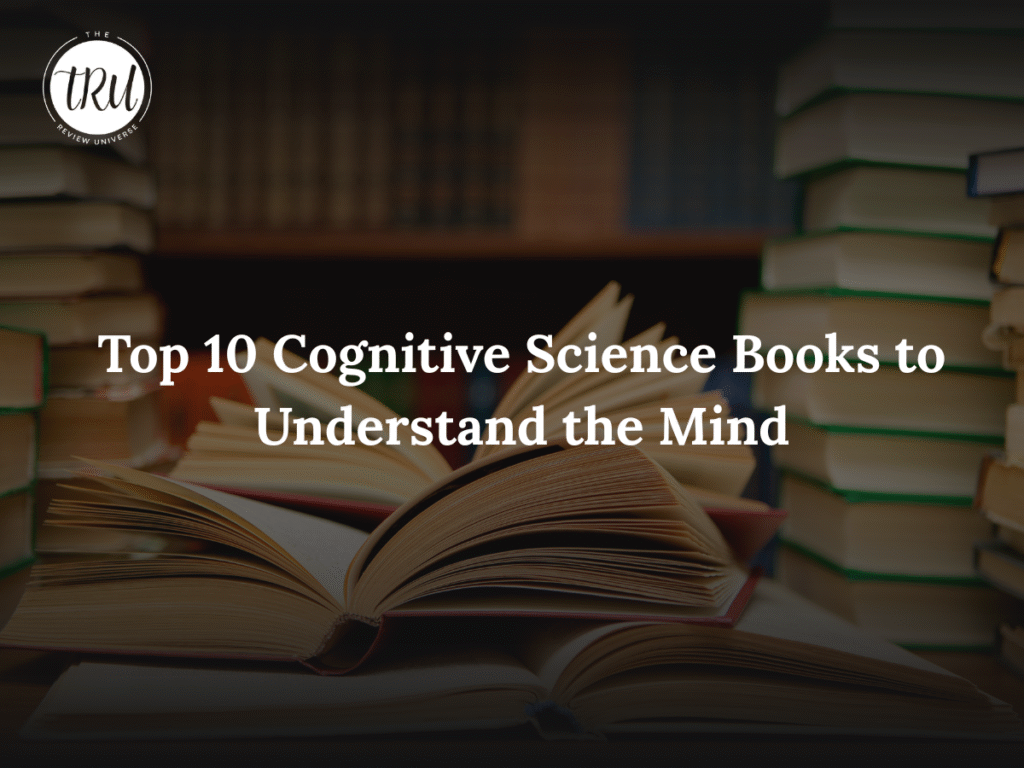
1. How the Mind Works
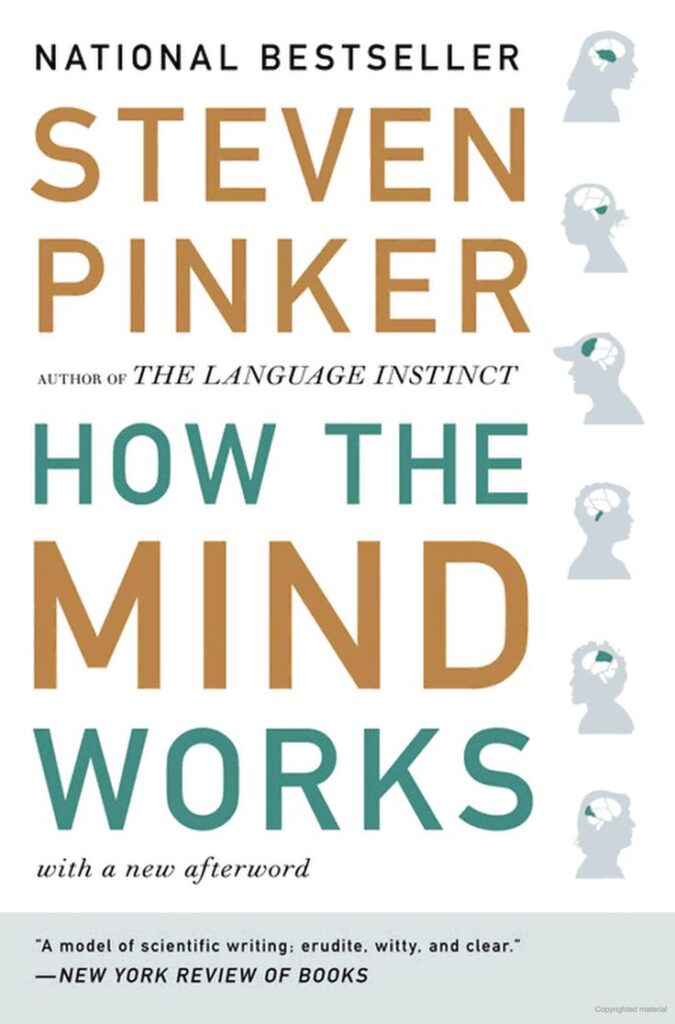
Steven Pinker’s How the Mind Works is a masterful and ambitious exploration of human cognition, a deep dive into the evolutionary roots of our thoughts and emotions. Pinker, a brilliant cognitive scientist, presents a compelling argument that the mind is a complex system of computational modules, each honed by natural selection to solve specific problems faced by our ancestors.
His writing is incredibly accessible, a blend of rigorous science and engaging prose. He tackles everything from language and vision to love and humor, weaving together insights from psychology, neuroscience, and evolutionary biology. Pinker’s genius lies in his ability to make complex ideas understandable, using clever analogies and real-world examples to illustrate his points. He presents the mind not as a blank slate but as a product of evolutionary engineering.
While some critics might find his computational approach a bit too reductionist, arguing it overlooks the richness of human experience, his framework is undeniably powerful. Pinker’s focus on the adaptive functions of our mental faculties provides a new lens through which to view our own behavior. The book is a fascinating journey into what makes us human, a testament to the power of science to illuminate the most profound mysteries. It’s a must-read for anyone curious about the inner workings of the human psyche.
Read More : Famous Last Words – Gillian McAllister (A Psychological Thriller Exploring The Truth And Secrets)
2. Cognitive Neuroscience: The Biology of the Mind
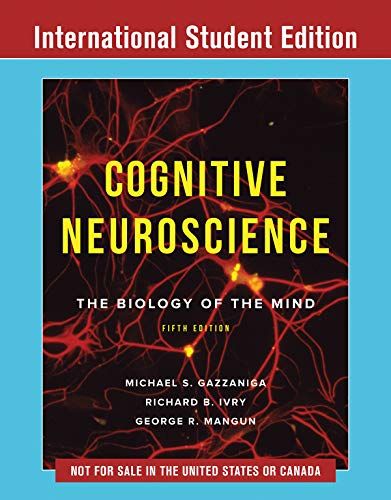
In “Cognitive Neuroscience: The Biology of the Mind,” Gazzaniga, Ivry, and Mangun offer a comprehensive tour of the intricate relationship between brain and behavior. This textbook is a landmark achievement, not just for its scientific rigor, but for its clear, accessible style. It’s a journey that doesn’t just present facts; it invites you to ponder the very essence of what it means to be a conscious, thinking human.
The authors masterfully bridge the gap between the microscopic world of neurons and the macroscopic world of thought, emotion, and perception. They don’t simply state “this brain area does that,” but rather, they tell a story of how a specific mental function, like memory or language, emerges from the complex dance of neural networks. The inclusion of patient case studies lends a profound humanistic touch, reminding us that behind every scientific discovery is a person whose life has been changed by a brain injury or neurological condition.
This is a book that respects the complexity of the mind while celebrating the progress of science. It acknowledges that while we are defined by our biology, we are also agents of our own lives. It encourages a sense of wonder and curiosity about the most fundamental questions of existence: How do we see? How do we remember? How do we feel? It’s a testament to the idea that understanding our brains is a powerful way to understand ourselves.
3. Incognito: The Secret Lives of the Brain
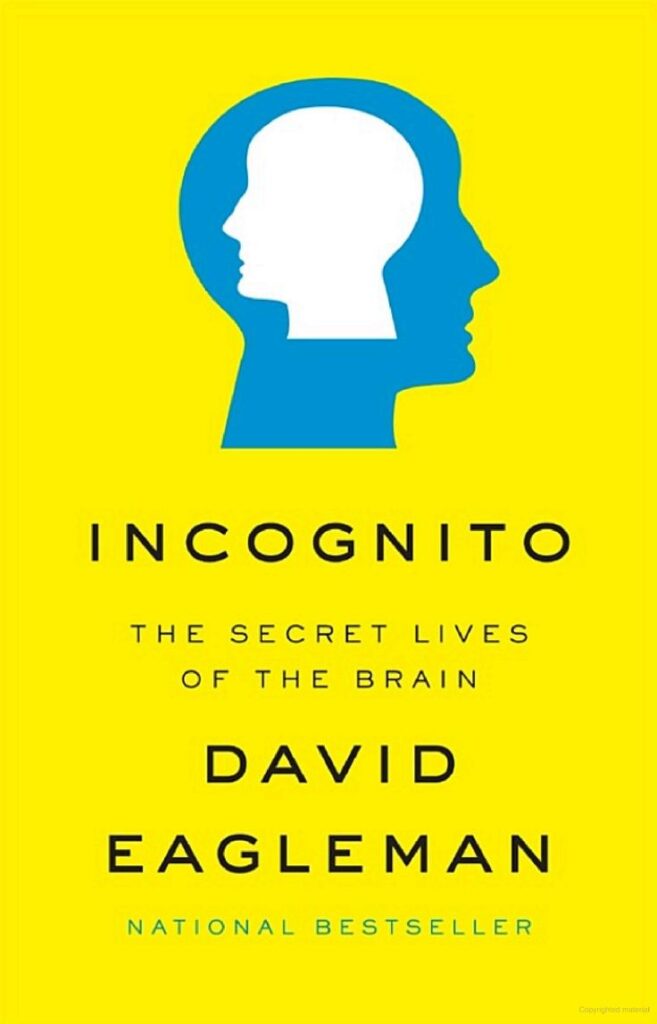
David Eagleman’s Incognito: The Secret Lives of the Brain is a fascinating and profoundly humanistic journey into the hidden workings of our minds. Eagleman, a neuroscientist, argues that our conscious mind is not the captain of the ship, but rather a small, often late-to-the-party crew member. He takes us on a tour of the brain’s vast, unconscious machinery, revealing how everything from our perceptions and beliefs to our fears and desires are shaped by processes we aren’t even aware of.
He does this with an abundance of engaging stories and thought-provoking examples, from split-brain patients to people with bizarre neurological conditions. These aren’t just scientific case studies; they are deeply personal stories that illuminate the fragile, complex nature of human identity. Eagleman doesn’t reduce us to our biology, but uses it to expand our understanding of ourselves, urging us to reconsider fundamental concepts like free will and personal responsibility.
Ultimately, “Incognito” is a powerful reminder of our own intricate, mysterious inner universe. It’s a book that invites introspection, encouraging a sense of humility and wonder about what it truly means to be a thinking, feeling being. It makes you feel both alien to yourself and more intimately connected to your own existence than ever before.
4. Cognitive Behavior Therapy, Second Edition: Basics and Beyond
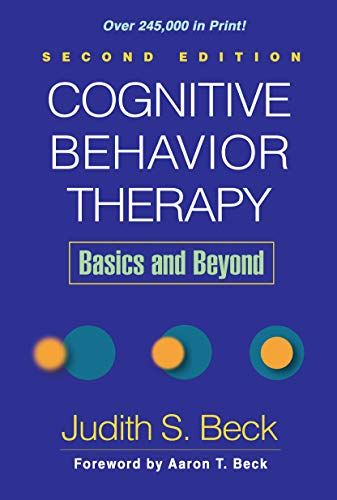
Judith S. Beck’s Cognitive Behavior Therapy: Basics and Beyond is more than just a textbook; it is a foundational guide that truly humanizes the practice of CBT. Beck, a master clinician and educator, doesn’t just present a series of techniques and protocols. She artfully demonstrates how to apply these structured methods with genuine empathy and a deep understanding of the individual’s lived experience. The book’s strength lies in its use of a single, extended case study that follows a client through the therapeutic process. This narrative approach makes the concepts tangible and personal, moving beyond dry theory to show how a therapist can form a collaborative, respectful partnership with a client.
While CBT is often criticized for being overly rigid or mechanical, Beck’s work champions a nuanced, flexible approach. She emphasizes the importance of the therapeutic relationship, highlighting that the true power of CBT lies in helping people discover their own capacity for change. The book is not about “fixing” someone, but about empowering them to become their own therapist, equipped with the tools to challenge unhelpful thought patterns and take control of their lives. It is a testament to the idea that even in a highly structured modality, the human connection remains the most vital ingredient for growth and healing.
Ultimately, this is a book that teaches you to be a skilled and compassionate clinician. It shows that the essence of effective therapy is not about having all the answers, but about guiding another person with care, wisdom, and a profound belief in their potential.
5. An Introduction to the Science of the Mind
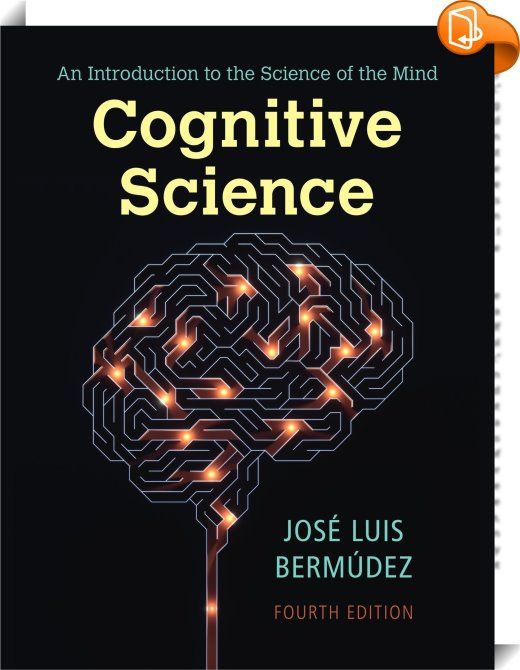
José Luis Bermúdez’s Cognitive Science: An Introduction to the Science of the Mind is a truly remarkable work that stands out for its elegant, humanistic approach to a complex, interdisciplinary subject. Rather than simply cataloging different fields like psychology, linguistics, and neuroscience, Bermúdez masterfully synthesizes them into a unified, coherent narrative. He presents cognitive science not as a fragmented collection of data, but as a vibrant, ongoing conversation about the most profound questions of human existence.
The book’s structure is particularly powerful, as it’s organized around the great historical and philosophical questions that drive the field, such as the nature of consciousness and the relationship between the mind and the body. This approach elevates the material beyond a simple textbook and transforms it into a thoughtful exploration of what it means to be a conscious, thinking being. Bermúdez doesn’t just tell you what cognitive scientists know; he shows you how they know it, and why the quest for knowledge about the mind is a fundamentally human enterprise.
By focusing on the “problems and solutions” rather than a rigid, disciplinary divide, Bermúdez encourages a sense of intellectual adventure and curiosity. He uses compelling examples and thought experiments to illustrate key concepts, making complex theories accessible and relatable. Ultimately, this book is a testament to the idea that the study of the mind is not just a scientific endeavor, but a profound and personal journey of self-discovery.
6. Consciousness Explained
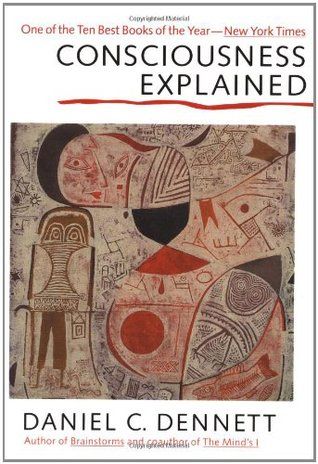
Daniel Dennett’s Consciousness Explained is a bold, unapologetic, and highly provocative attempt to demystify one of the last great frontiers of science. Dennett, a philosopher and cognitive scientist, argues with forceful clarity that consciousness is not a magical, indivisible essence, but a natural phenomenon that can be fully understood through a materialist and computational lens. He proposes that our sense of a continuous, unified self is an illusion, a “user-illusion” created by the brain’s “multiple drafts” of information processing.
The book is a fascinating intellectual journey, filled with clever thought experiments and memorable metaphors, like the “Joycean Machine” and the “Fame in the Brain” model. Dennett’s humanistic style lies not in an appeal to a soul or mystical force, but in his deep respect for the power of science to illuminate even the most profound aspects of our existence. He doesn’t dismiss the richness of our subjective experience; rather, he seeks to explain how it arises from the complex, mechanistic workings of the brain.
While some may find his conclusions unsettling or overly reductionist, the book is a masterclass in clear, rigorous thinking. It challenges us to confront our deepest assumptions about who we are and what it means to be conscious. Dennett’s work is a testament to the idea that by understanding the machinery of the mind, we can gain a more profound and awe-inspiring appreciation for the true nature of human consciousness. It is a must-read for anyone brave enough to question their own perceptions and beliefs about the mind.
7. Subliminal: How Your Unconscious Mind Rules Your Behavior
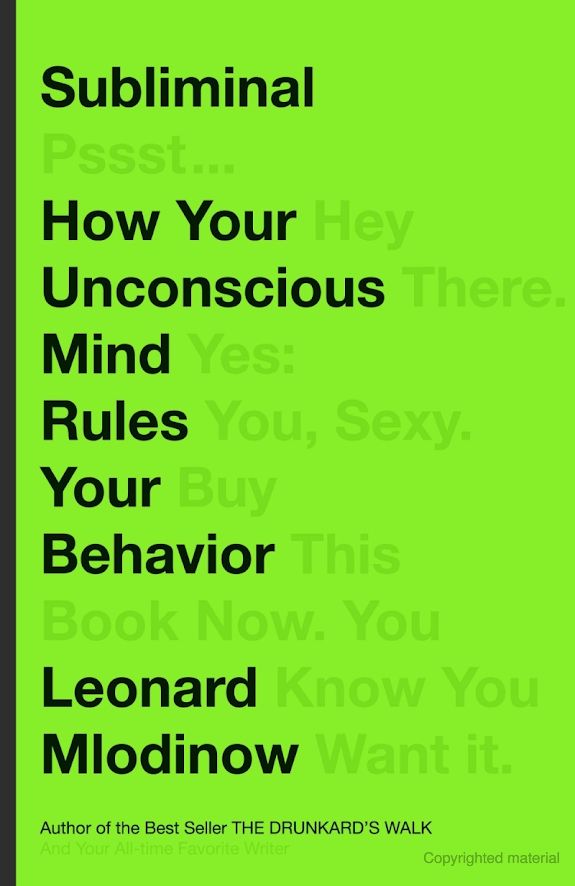
Leonard Mlodinow’s Subliminal: How Your Unconscious Mind Rules Your Behavior is a captivating exploration into the hidden forces that shape our lives. Mlodinow, a physicist turned popular science writer, presents a compelling and accessible case that our conscious, reasoning minds are far less in control than we believe. He argues that a vast portion of our perceptions, decisions, and social interactions are governed by powerful, often unseen, unconscious processes.
The book is rich with engaging stories, from clever psychological experiments to historical anecdotes, that make the science come alive. Mlodinow guides the reader through the subtle ways our brains construct reality, showing how our memories are fallible, our judgments are biased, and our emotions are frequently a product of our unconscious interpretation of the world. He doesn’t strip away the beauty of human experience but rather reveals a deeper, more complex layer to it.
Ultimately, Subliminal offers a profound and humbling perspective on the human condition. It challenges the notion of absolute free will and encourages a more empathetic understanding of both ourselves and others. The book is a testament to the idea that by shining a light on the unconscious, we can gain a more compassionate and insightful view of what it truly means to be human.
8. Descartes’ Error: Emotion, Reason and the Human Brain
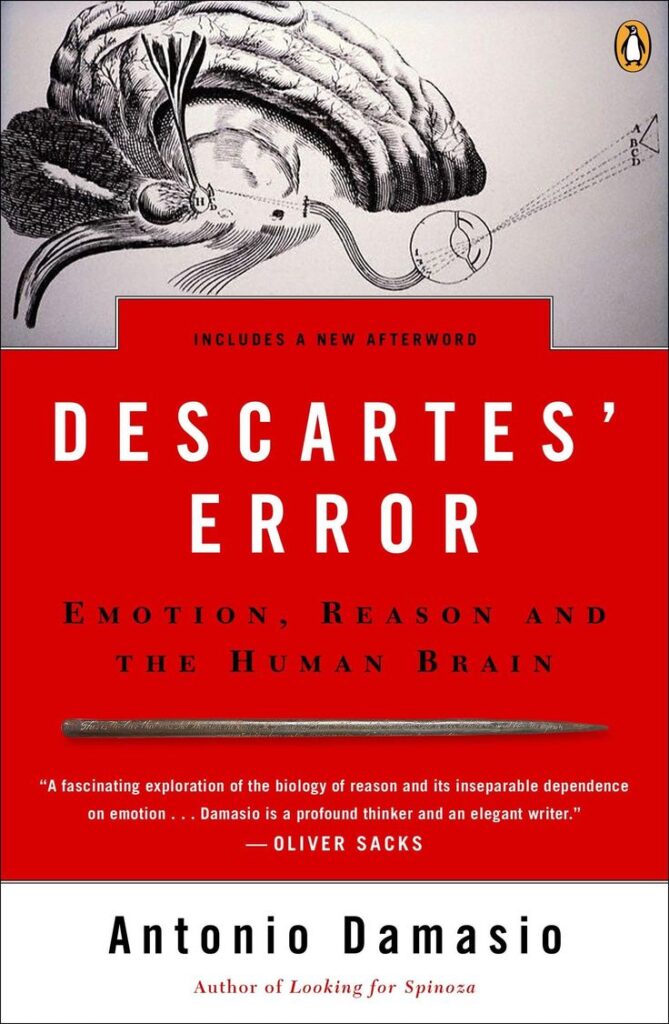
Antonio Damasio’s Descartes’ Error is a seminal work that beautifully dismantles the long-held Western notion of a strict separation between mind and body, reason and emotion. In this profoundly humanistic book, Damasio, a leading neuroscientist, argues that far from being an impediment to rational thought, emotions are in fact a necessary component of it.
He builds his case not with abstract theory, but through the poignant stories of patients who, after sustaining damage to specific brain regions, lose their ability to feel emotions and, consequently, their ability to make even the simplest decisions. The most famous example is that of Phineas Gage, the 19th-century railway worker who, after a horrific accident, was physically unharmed but became a completely different person—unable to plan for the future or act in a socially appropriate manner.
Damasio’s central thesis, the somatic marker hypothesis, proposes that emotions are bodily “markers” that guide our decision-making, allowing us to quickly and efficiently choose between options by providing a feeling-based shortcut. By revealing the intricate and unbreakable connection between our feelings and our reasoning, Damasio doesn’t just offer a scientific explanation; he gives us a powerful new way to understand ourselves as integrated, embodied beings. The book is a moving and transformative read that restores emotion to its rightful place at the heart of what it means to be human.
9. Perception and communication
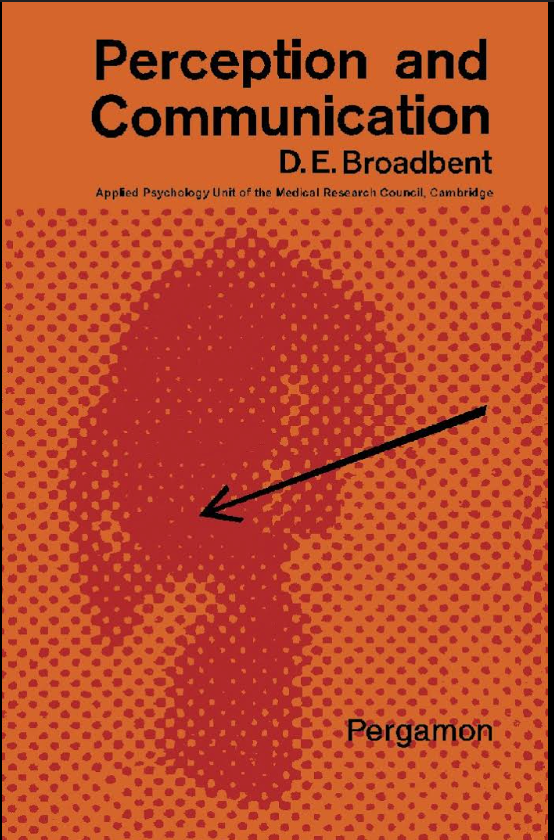
Donald Broadbent’s Perception and Communication, published in 1958, is a landmark text that is a founding pillar of modern cognitive psychology. Rather than a dry academic treatise, it is a fascinating and profoundly influential exploration of the mind as an information-processing system. Broadbent was a trailblazer, stepping beyond the confines of behaviorism to ask the big, human questions about how we select and make sense of the vast stream of information bombarding our senses.
His famous filter model of attention, presented in this book, is a beautiful and elegant metaphor for the human experience of selective attention. Broadbent wasn’t just describing how we pay attention; he was asking why we can only attend to so much at once, and what happens to all the information we ignore. He brought to life the “cocktail party effect,” showing that even in a noisy, crowded room, our minds are capable of focusing on a single conversation while filtering out the rest.
Broadbent’s work is deeply humanistic because it respects the complexity of our inner world. He uses a scientific, almost engineering-like approach to build a model of the mind, yet in doing so, he reveals something fundamental about the human condition: our limited capacity and the ingenious ways our brains compensate for it. This book is a testament to the idea that by understanding the “mechanics” of the mind, we can gain a more profound appreciation for the subtle, often unconscious, processes that shape our perception of reality. It is a work that still resonates today, inspiring a sense of wonder at the elegance of the human mind.
10. Philosophy in the Flesh: The Embodied Mind and its Challenge to Western Thought
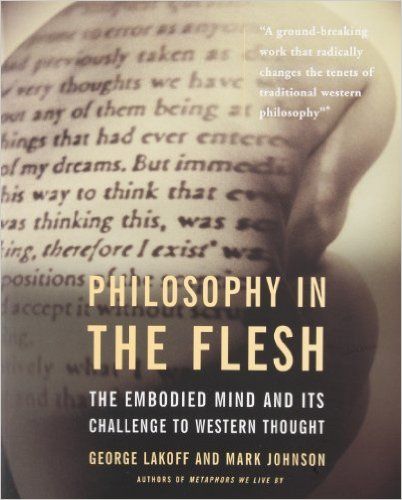
George Lakoff and Mark Johnson’s Philosophy in the Flesh is a profound and revolutionary book that completely re-evaluates the foundations of Western philosophy and thought. The central thesis, beautifully articulated, is that the human mind is not a disembodied, abstract entity, but is fundamentally shaped by our physical bodies and how they interact with the world. This is not a trivial claim, but a powerful argument that our concepts, reason, and even our most abstract philosophical ideas are rooted in our biological and sensory experiences.
The book is a masterful blend of cognitive science, linguistics, and philosophy, demonstrating that our everyday language is filled with metaphors derived from bodily experience. For example, concepts like “love is a journey” or “arguments are war” are not just figures of speech; they are the very neural structures through which we understand these complex ideas. Lakoff and Johnson argue that by ignoring this “embodied mind,” Western philosophy has created a series of fundamental errors, from Cartesian dualism to the notion of objective, universal reason.
Ultimately, Philosophy in the Flesh is a deeply humanistic work. It reconnects our intellectual lives to our physical existence, revealing that our capacity for abstract thought is not a transcendence of our biology but a direct product of it. It is a book that encourages us to look inward, not for a disembodied soul, but for the intricate and beautiful biological machinery that makes us who we are. It provides a new and inspiring way to think about ourselves as integrated, embodied beings.
